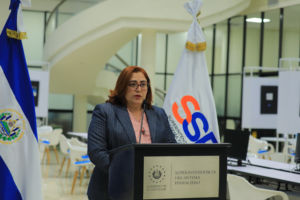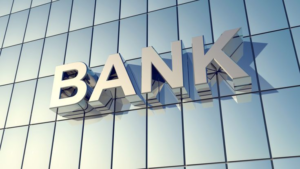
In 2024, El Salvador has experienced a notable increase in credit expansion, driven by increased demand in three key sectors: consumer, housing, and business. This growth reflects Salvadorans’ confidence in the economy, despite global challenges, according to the Coyuntura Regional de Centroamérica y República Dominicana (CARD) of the Secretaría Ejecutiva del Consejo Monetario Centroamericano (SECMCA).
The expansion of credit has allowed households to access durable goods and improve their quality of life, while companies have found opportunities to invest and expand.
However, this dynamism in credit has not been accompanied by a drop in interest rates, despite the greater global liquidity derived from the reduction of rates by the US Federal Reserve. In El Salvador, both lending and deposit rates have shown an upward trend. This phenomenon has kept the financial intermediation margin constant, which, combined with the greater volume of credit, has strengthened the profitability of financial institutions in the country.

In line with the cautious fiscal policy adopted, El Salvador, together with other countries in the CARD region, has managed to maintain a positive primary balance, reaching a regional average of 0.9% of Gross Domestic Product (GDP) until may 2024. This fiscal discipline has allowed for a systematic reduction in the debt/GDP ratio, which stood at around 43% in may of this year, a positive indicator for the long-term sustainability of public finances.
The control of expenditures, together with the moderate increase in indebtedness, has allowed El Salvador to maintain a balance in its economic growth. As 2024 progresses, it is expected that government policies will continue to focus on financial stability, ensuring that both the private and public sectors find a favorable environment for their development.








